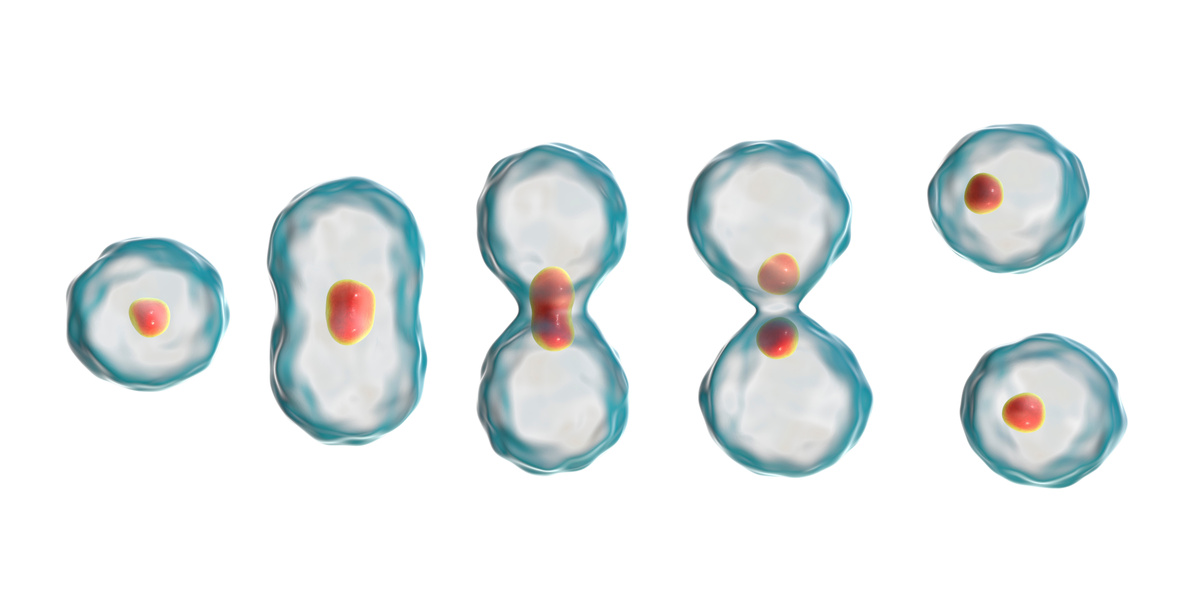Process Creation
Systems Programming
COP-3402
Table of Contents
UNIX process creation

- Duplicate an existing process with
fork() - Replace new process's program code
exec()
If all processes are created by fork, where does the first one come from?
Process creation workflow
LPI Figure 24-1
Fork duplicates the process
- Same program running
- Same open files (including stdio)
- "Copy" of memory
LPI Figure 24-2
If fork duplicates a process, how do we avoid both processes just doing the exact same thing?
fork() Return Value
man fork
- PID of child to parent process
- 0 to the child process
- -1 on failure
Using fork()
fork.c
#include <stdio.h>
#include <unistd.h> // fork()
#include <stdlib.h> // exit()
#include <inttypes.h> // intmax_t
// ctrl-z and ps
// man 2 fork
int main(int argc, char **argv) {
pid_t pid;
switch (pid = fork()) {
case -1:
perror("fork");
exit(EXIT_FAILURE);
break;
case 0:
// child
puts("inside child process\n");
sleep(10);
_exit(EXIT_SUCCESS);
break;
default:
// parent
printf("child pid: %jd\n", (intmax_t) pid);
sleep(10);
exit(EXIT_SUCCESS);
break;
}
}
Using exec
exec.c
#include <stdio.h>
#include <unistd.h> // fork(), execve()
#include <stdlib.h> // exit()
#include <inttypes.h> // intmax_t
//
// man 2 execve
int main(int argc, char **argv) {
char *prog = "/usr/bin/ls";
char *newargv[] = { NULL };
char *newenv[] = { NULL };
execve(prog, newargv, newenv);
perror("execve");
_exit(EXIT_FAILURE);
}
Fork and exec
fork_exec.c
#include <stdio.h>
#include <unistd.h> // fork()
#include <stdlib.h> // exit()
#include <inttypes.h> // intmax_t
//
// man 2 execve
int main(int argc, char **argv) {
pid_t pid;
switch (pid = fork()) {
case -1:
perror("fork");
exit(EXIT_FAILURE);
break;
case 0:
// child
puts("inside child process\n");
char *prog = "/usr/bin/ls";
char *newargv[] = { NULL, "./", NULL };
char *newenv[] = { NULL };
execve(prog, newargv, newenv);
perror("execve");
_exit(EXIT_FAILURE);
break;
default:
// parent
printf("child pid: %jd\n", (intmax_t) pid);
exit(EXIT_SUCCESS);
break;
}
}